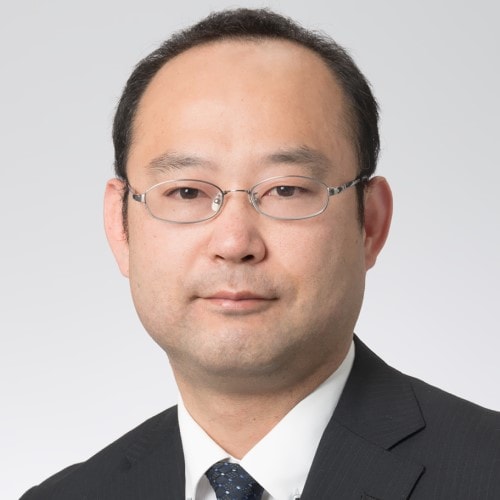Shimpei Oikawa, Disability Inclusion Accelerator, Manager, PwC Japan
Dual careers with a dual purpose
Like many top athletes, Shimpei Oikawa faced a difficult decision - choosing between his business career and athletic career. As an accomplished Paralympic wheelchair basketball player, coach and team leader, Shimpei could not imagine a future where his sport didn’t play a central role in his life. Fortunately, PwC Japan provided a solution when they established a dual career programme for athletes with disabilities in 2010. While continuing their sports, athletes are able to learn about business and gradually start to transition into a professional career. Since its inception, 15 athletes have been able to participate in this groundbreaking programme. Through this initiative, PwC Japan was able to help people with disabilities, like Shimpei, feel supported and empowered in their athletic and professional careers.
As he honed his skills on the court, Shimpei was also able to learn tools and capabilities to set him up for success in the corporate world. The best part of this dual career programme was Shimpei’s ability to work towards the Paralympics with the support of his PwC colleagues. He could carve out time in his schedule to focus on athletics, without jeopardising his future career after sports.
“When I was focused on my athletic career, my PwC colleagues supported me and cheered me on, and they in turn became my role models when I later sought to advance my career.”
Over the course of the past 12 years Shimpei’s role on the court and at PwC has evolved. PwC initially supported him as a player and assistant coach (2012, London Paralympics), then head coach (2016, Rio de Janeiro Paralympics) and most recently as the team leader of the Japanese men’s wheelchair basketball team at the 2020 Tokyo Paralympics, where he brought home a silver medal. Alongside his athletic training and coaching activities, he worked diligently towards promotions and gradually built his career in business. He credits PwC Japan with providing the opportunity for him to pursue his Paralympic dreams. By supporting a range of work styles that flex to meet the needs of their people, PwC Japan creates an inclusive environment that brings together solvers with different skills, backgrounds, abilities, experiences and perspectives.
Now focusing on his business career as a manager with Internal Firm Services, Shimpei has found new ways to remain connected to his sport while contributing to the PwC community. He leads a project that gives people inside and outside of PwC a chance to experience wheelchair basketball for themselves. Shimpei hopes the programme enables people to come together and share experiences and insights that they might not otherwise discover. It also builds an authentic environment where it is easy for PwC professionals both with and without disabilities to work together and be themselves.
“By adjusting and adapting the ways our people both perform their work and solve problems in the workplace environment, PwC builds an environment where people with disabilities can work comfortably, enabling us to reimagine the possible.”
And Shimpei isn’t stopping there. He also runs PwC Japan’s Ability Inclusion Network. This Inclusion Network’s members include people with disabilities, people with caregiving responsibilities for people with disabilities, as well as many allies who are interested in advancing the disability inclusion agenda. The Ability Inclusion Network holds regular in-person and online sessions to create a community in which people can engage in discussion, communication and hands-on experiences to learn about disability from a variety of perspectives. From his own Paralympic experiences to his focus on others, Shimpei’s dual careers have enabled him to take advantage of, and contribute to, a culture where those with disabilities can thrive.
In his free time Shimpei enjoys spending time with his dog and number one contributor, COCO, who he credits with helping him to earn his silver medal.

LIGHTNING ROUND: quick questions and quick answers
From your experience, how do you sum up Inclusion & Diversity at PwC?
Inclusion first.
What should others know about PwC’s commitment to Inclusion & Diversity?
It’s an example of how we live our values. By building an environment where people with disabilities can work comfortably, it enables us to ‘reimagine the possible’.














